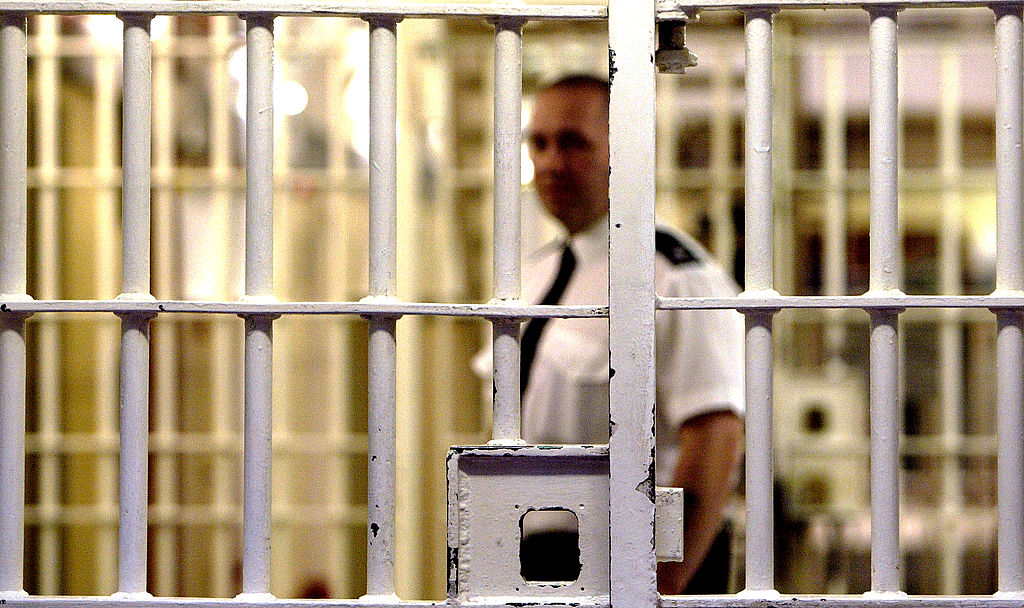How many Britons should be in prison? It was reported this week that the number of people behind bars in England and Wales has reached a new record high of 88,521. The prison population has been above 80,000 for almost 20 years now, only dipping significantly during the Covid-19 pandemic and rising again in subsequent years. The Government expects the total to rise above 100,000 by the end of this decade.
Those who take a more reformist view on criminal justice often express horror at growing rates of incarceration. They note, correctly, that compared to other European countries Britain has a much higher than average per-capita prison population. Germany, for example, has a considerably larger population than Britain — 83 million to our 66 million — but fewer than 60,000 prisoners.
However, judging a country simply by how many people it imprisons, without consideration of other relevant data, is a decidedly one-eyed approach. The implication of the European comparisons is that Britain is an authoritarian and punitive nation, locking up great swathes of its population needlessly while other countries take a more civilised and enlightened approach. But even the most cursory inspection of the current sentencing regime in Britain will reveal that this is not the case.
Judges are frequently instructed by the Government not to imprison even serious offenders because of a lack of capacity. Convicted burglars, muggers and sex offenders with many previous convictions routinely walk free with suspended or community services. The man who violently robbed our 89-year-old neighbour in April was a career criminal with 26 previous court appearances.
The most fundamental question in considering the number of Britons who should be in prison is: how many people are committing crimes for which confinement at His Majesty’s pleasure is the appropriate and just sentence? There is not some magic proportion of the population that we should be aiming for, or an arbitrary number, nor should sentencing become a part of capacity management. We need to look at the problem from the right end of the telescope. If Britain has to imprison 90,000 or 100,000 or 120,000 people to maintain a safe society and an effective justice system, then we should not be reluctant to do so because of some vague cultural cringe about it being “not a good look” among the other nations of Europe.
Obviously, there are limitations on space, and real concerns about overcrowding. But this is yet another area where the Government needs to bite the bullet and build some new infrastructure. The aim should be to deliver as many prison spaces as are needed, not fudge outcomes in the criminal justice system so that people who should be in prison are left to roam the streets. The capacity tail should not be wagging the justice dog.











Join the discussion
Join like minded readers that support our journalism by becoming a paid subscriber
To join the discussion in the comments, become a paid subscriber.
Join like minded readers that support our journalism, read unlimited articles and enjoy other subscriber-only benefits.
Subscribe